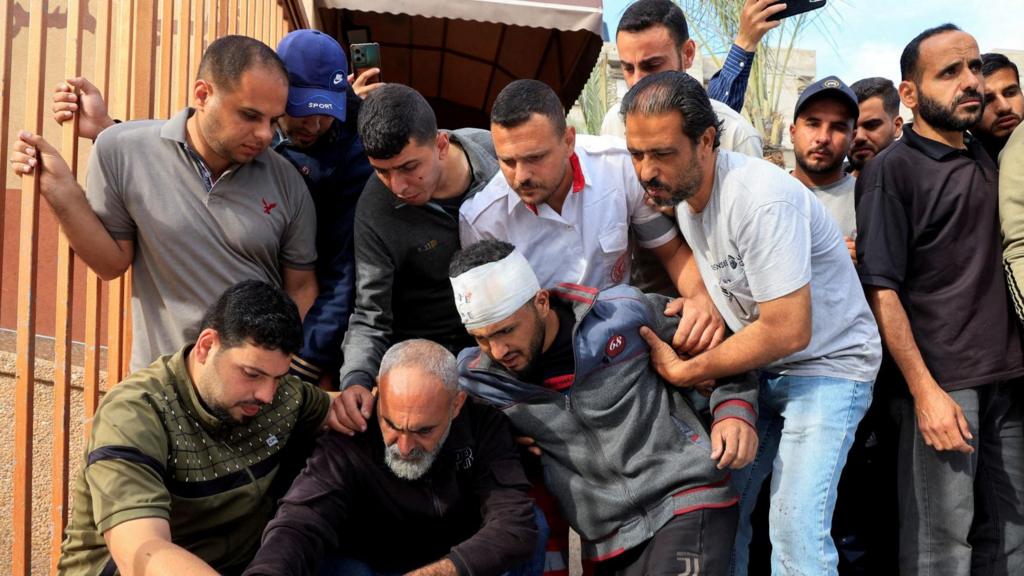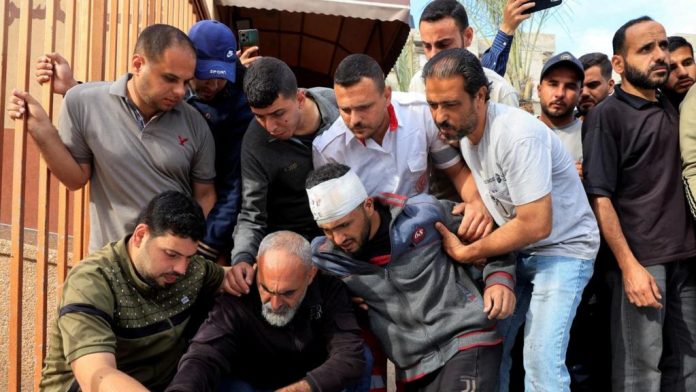As the humanitarian crisis in Gaza worsens, desperate voices from within the besieged territory are reaching the world through messages, voice notes, and images sent to the BBC. With famine warnings issued by the United Nations and aid agencies sounding alarms, the situation is becoming increasingly dire.
Since midnight, Israeli air strikes have reportedly killed 103 people, according to the Hamas-run civil defence agency. These attacks come amid an ongoing blockade that severely restricts aid from entering the Gaza Strip—leaving over two million people struggling for survival.
Ten humanitarian organizations have issued a joint statement declaring the humanitarian situation as “catastrophic and worsening.” With food, water, and medical supplies running dangerously low, residents are now resorting to desperate means to cope with hunger.
“I cannot move well due to the severity of the hunger,” one Gaza resident wrote in a message to the BBC. Another message described children in Gaza City dancing with joy after receiving a parcel containing only vegetables—an emotional snapshot of how scarce food has become.
An aid worker told the BBC, “We gave out a few boxes of vegetables, and the children began to cheer and dance. That’s how desperate things are. A small bag of food brings joy.”
Due to Israeli restrictions, international journalists are still not allowed to report freely from inside Gaza. This means the only window into the lives of those trapped under bombardment is through the accounts of local civilians and aid workers risking their lives to share their reality with the outside world.
The humanitarian blockade follows the events of October 7, 2023, when Hamas launched a deadly assault on Israel, killing at least 1,200 people and taking 251 hostages. In response, Israel began a military campaign in Gaza that has now claimed at least 52,829 lives, according to Gaza’s health ministry.

With access to food, clean water, and medical care nearly nonexistent in many areas, the UN has warned that a full-scale famine is not just possible—but imminent.
“We do not know how much longer we can hold on,” said another Gazan in a voice note. “There is no safe place. There is no food. There is no hope.”
This ongoing humanitarian catastrophe is not only a crisis of survival but also a crisis of conscience. While the world watches from afar, those inside Gaza are calling out not just for aid—but for humanity.



